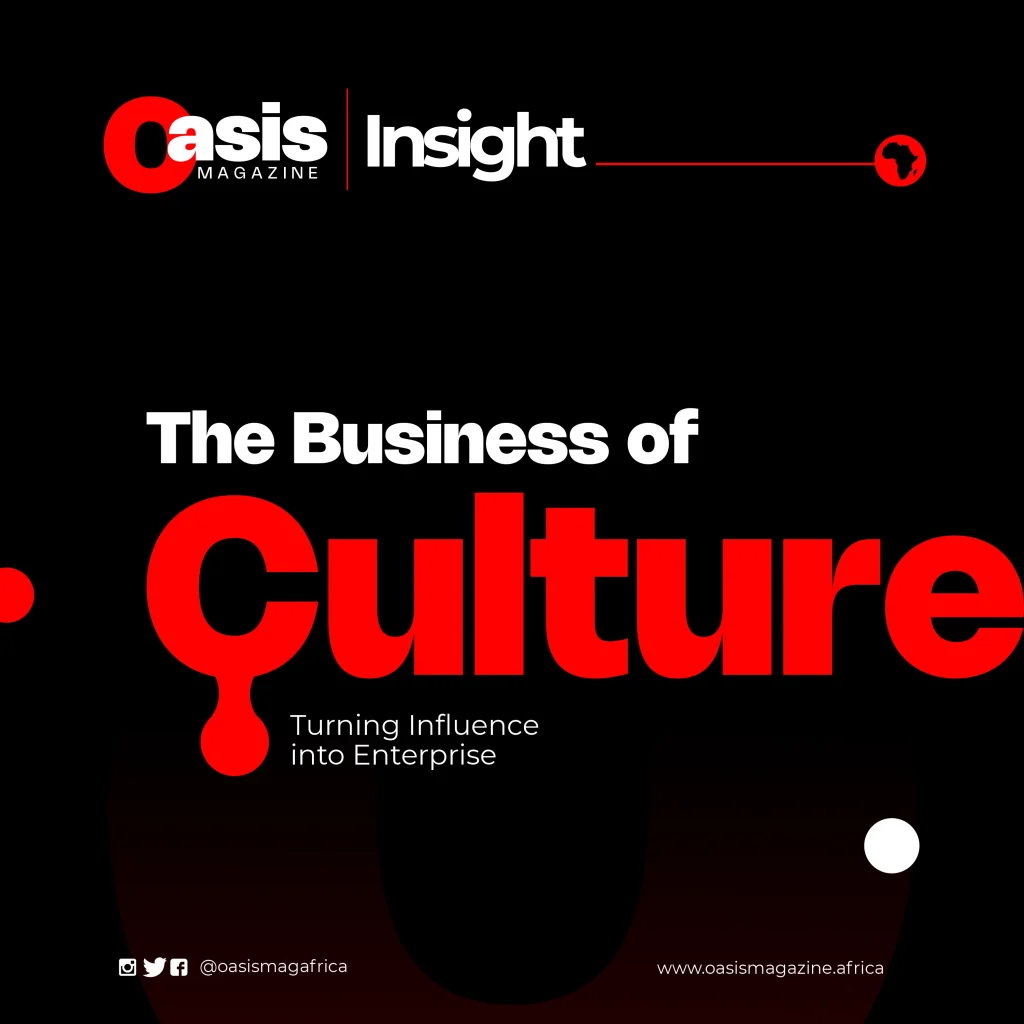Why African sovereignty over data pipelines is the defining economic imperative of the decade
Executive Summary: The Silent Extraction
For decades, Africa’s physical resources—oil, minerals, diamonds—were extracted, refined abroad, and sold back at premium prices. Today, a new form of extraction is underway: data colonialism.
Every tap, swipe, transaction, and voice note generated by Africa’s 500 million internet users flows into servers in Virginia, Dublin, and Singapore. There, it is refined into AI models, behavioral insights, and predictive algorithms—then licensed back to African banks, governments, and businesses at enterprise rates.
The result? Africa is giving away its most valuable 21st-century resource for free—and paying to use its own intelligence.
This feature argues that data sovereignty is not a tech policy issue—it is Africa’s next independence movement. From Lagos to Kigali, a quiet revolution is underway: governments are passing data localization laws, startups are building sovereign AI, and entrepreneurs are turning local data into high-margin services. The race is on to build Africa’s digital refineries—before the window closes.
“If data is the new oil, then Africa must own the wells, the pipelines, and the refineries—or remain a digital colony.”
— Dr. Aisha Bello, Director, African Institute for Data Sovereignty
The Colonial Loop: How Data Flows Out, Value Flows In
Consider the lifecycle of a single Nigerian user’s data:
- Generated: She uses a global social app to message friends.
- Captured: Her metadata—location, contacts, usage patterns—is sent to servers in the U.S.
- Refined: AI models infer her income bracket, health risks, and creditworthiness.
- Monetized: A U.S.-based fintech sells this insight to a Nigerian bank—at $0.50 per query.
- Deployed: The bank uses it to deny her a loan.
She created the data. She bears the consequence. She sees none of the value.
This is not hypothetical. A 2024 Brookings study found that over 92% of African user data is processed outside the continent, generating an estimated $18 billion annually in external AI and analytics revenue—with near-zero repatriation.
The Cost of Data Dependence
Relying on foreign data infrastructure carries three existential risks:
1. Economic Leakage
African banks pay $300M+ yearly for credit-scoring APIs built on their own citizens’ data. Telecoms spend millions licensing churn-prediction models they could build locally.
2. Strategic Blindness
When AI models are trained on Western data, they fail in African contexts:
- Facial recognition misidentifies darker skin tones.
- Loan algorithms penalize informal income streams.
- Health diagnostics ignore tropical disease patterns.
3. Sovereignty Erosion
Foreign platforms shape public discourse, election outcomes, and even national security. When a global social network “deprioritizes” African news during elections, it isn’t neutrality—it’s algorithmic governance without consent.
The Sovereign Response: Africa’s Digital Refineries
Across the continent, leaders are breaking the loop—not with bans, but with sovereign infrastructure.
Case Study: Rwanda’s AI Corridor
Kigali has mandated that all public-sector data remain on national cloud servers. It partnered with InstaDeep (Tunisia) and Leta AI (Nigeria) to build RwandaAI—a national language model trained on Kinyarwanda, local laws, and health records.
- Result: 40% faster processing of citizen services; $12M saved in foreign SaaS licenses annually.
Case Study: Nigeria’s Data Protection Regulation (NDPR) 2.0
The updated 2024 framework requires:
- All citizen data stored on African soil
- Mandatory data-sharing agreements for foreign platforms
- A National Data Exchange where anonymized datasets can be traded by local firms
“We’re not anti-global. We’re pro-fair value capture.”
— Hon. Isa Ali Pantami, Nigeria’s Minister of Communications
Case Study: Kenya’s M-Pesa Data Cooperative
Safaricom now allows users to opt into a data co-op: their anonymized transaction history trains local AI models for SME lending. In return, members get lower loan rates and dividends from model licensing.
- Pilot impact: 28,000 small businesses accessed credit previously denied by foreign algorithms.
The Business Case for Data Sovereignty
This isn’t just policy—it’s profit. African firms that control data pipelines unlock new revenue streams:
| Opportunity | Example | Margin Potential |
|---|---|---|
| Sovereign AI-as-a-Service | Leta AI licensing Yoruba NLP to banks | 70–85% gross margin |
| Local Data Marketplaces | Ghana’s DataHub selling agri-insights to insurers | $5M+ annual revenue |
| Ethical Data Cooperatives | South African health co-op training diagnostic AI | 30% user retention lift |
As Lagos-based VC Eloho Omame notes: “The next unicorns won’t just use data—they’ll own the stack that creates it.”
The Path Forward: A Three-Pillar Strategy
For Africa to win the data century, it must act on three fronts:
- Infrastructure
Build continental cloud capacity (e.g., Africa Data Centres, CSquared) and open-source AI frameworks (e.g., Masakhane for African languages). - Policy
Harmonize data laws via AfCFTA; create a Pan-African Data Bill of Rights guaranteeing citizen ownership and portability. - Talent
Scale AI engineering programs (e.g., Deep Learning Indaba) and incentivize diaspora data scientists to return.
Critical Insight: Sovereignty isn’t isolation. It’s about negotiating from strength—ensuring Africa sets the terms of its digital engagement.
The Global Stakes
Africa’s data sovereignty movement has worldwide implications:
- For the EU: Africa’s model could inspire GDPR 2.0—shifting from privacy to data justice.
- For Big Tech: Losing unfettered access to Africa’s data could force ethical AI reforms globally.
- For Emerging Markets: Africa’s playbook offers a template for digital self-determination from Jakarta to São Paulo.
As one World Bank advisor admitted: “If Africa gets data sovereignty right, it won’t just transform the continent—it will reset the global digital order.”
Insight: The Refinery Must Be Ours
The 20th century was won by those who controlled oil.
The 21st will be won by those who control intelligence—and intelligence flows from data.
Africa stands at a historic inflection point. It can continue as the world’s raw data quarry—or it can build the refineries, own the algorithms, and export African intelligence to the world.
The technology exists. The talent is ready. The policy momentum is growing.
What’s needed now is collective will—to treat data not as exhaust, but as sovereign asset.
Because in the age of AI, the most powerful nations won’t be those with the most data—but those who refine it on their own terms.
“We fought for land. We fought for votes. Now, we fight for our data—and with it, our future.”
Sidebar: The Data Sovereignty Index – 2025
Oasis Intelligence assessment of African nations’ progress
| Country | Data Localization Law | National AI Strategy | Local Cloud Capacity | Sovereignty Score |
|---|---|---|---|---|
| Rwanda | ✅ Strong | ✅ Launched 2023 | ✅ 3 Tier-III centers | 89/100 |
| Nigeria | ✅ NDPR 2.0 (2024) | ✅ Draft finalized | ⚠️ Expanding | 76/100 |
| Kenya | ⚠️ Partial | ✅ In progress | ✅ Google Cloud Nairobi | 72/100 |
| South Africa | ✅ POPIA | ⚠️ Fragmented | ✅ Major hubs | 68/100 |
| Ethiopia | ❌ None | ❌ | ❌ | 32/100 |
Scoring based on legal framework, infrastructure, talent pipeline, and public-private alignment.


